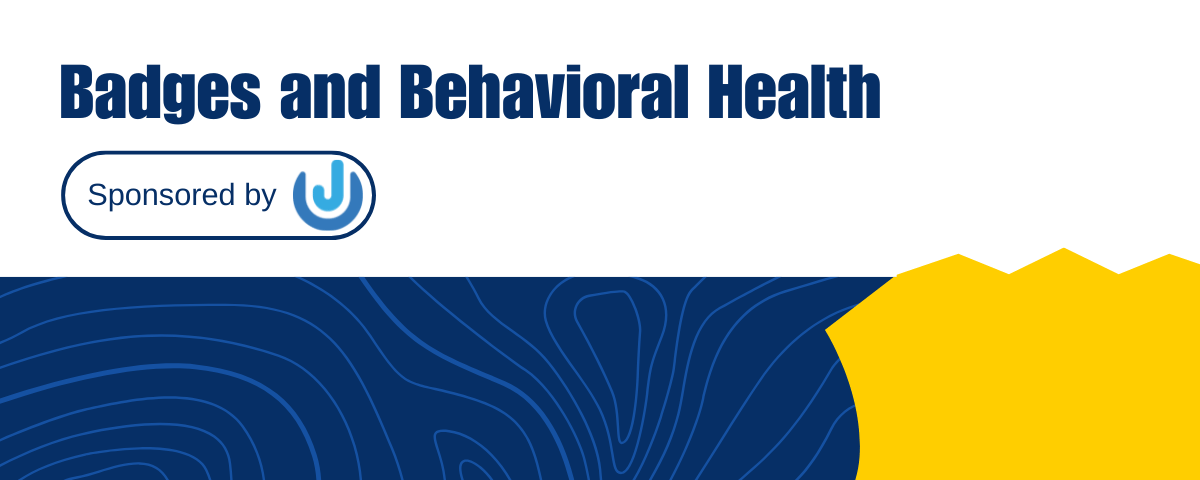New format, new design, new stories. Want to find out more? Read on.
Today’s Brief:
Behavioral Briefs
Lincoln Co-Response
North Carolina Crisis Response
Social Media Briefs
Total Read Time: 2 Minutes
🧠 Behavioral Briefs:
Significant staff reductions at SAMHSA under the Trump administration are causing uncertainties over the future of grant awards, potentially hindering access to crucial treatment and support services for vulnerable populations.
San Diego County is seeking input from local organizations to address the need for an additional 18,500 behavioral health workers by 2027 through programs such as nurse practitioner support and behavioral health apprenticeships.
???🏀
Yes this is actually a behavioral health story. In a shift toward greater behavioral health awareness, college basketball stars Paige Bueckers, Hailey Van Lith, and Azzi Fudd are openly seeking mental health support to cope with the pressures of high expectations, social media, and injury recovery—reflecting a growing acceptance among athletes and universities to prioritize professional help.
Mayor Gaylor Baird and community officials in Lincoln are praising the new Co-responder Program, a partnership between the Lincoln Police Department and CenterPointe. This program allows health professionals to respond alongside police officers during mental health crises. Since its launch, co-responders have already responded to 23 calls, providing assistance to 15 individuals without the need for further emergency intervention. The program aims to de-escalate situations, break down mental health stigma, and connect individuals to necessary support services. With funding from grants and the city's budget, the program is focused on improving outcomes for those in need and creating a safer and healthier community in Lincoln.
Join the Conversation:
Join the Community
Julota empowers smarter crisis responses by simplifying and streamlining Law Enforcement and Behavioral Health programs. By integrating hospital, EMS, and social services data into a centralized platform, it enables seamless, secure, and HIPAA-compliant collaboration. Automated reporting ensures compliance, while customizable workflows address community-specific needs. With actionable insights, teams can improve outcomes and secure greater funding, making Julota the only software purpose-built to bridge law enforcement and behavioral health with compassion and efficiency. |
New research from Right On Crime highlights the success of alternative police crisis response programs in North Carolina, emphasizing safety, reduced use of force, and stronger community relationships. With over 50% of police departments in North Carolina implementing co-response programs, the focus is on addressing mental health and substance abuse crises. The research underscores the need for specialized responses to the 50 million mental health or substance abuse-related calls received annually by the 9-1-1 system. By utilizing community partnerships and sustainable funding, law enforcement can prioritize de-escalation, provide critical resources, and enhance traditional crime response efforts. The key to success lies in strategic partnerships between law enforcement, mental health professionals, social services, and community organizations.
Thank you for reading!





Social Media Briefs